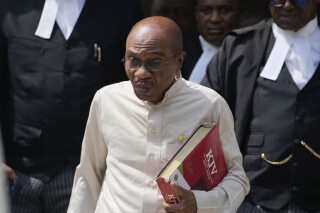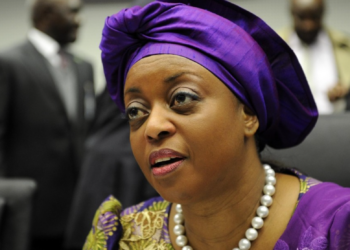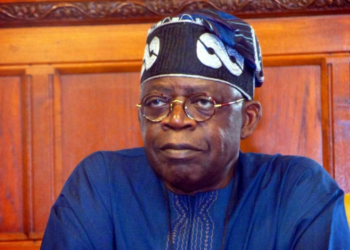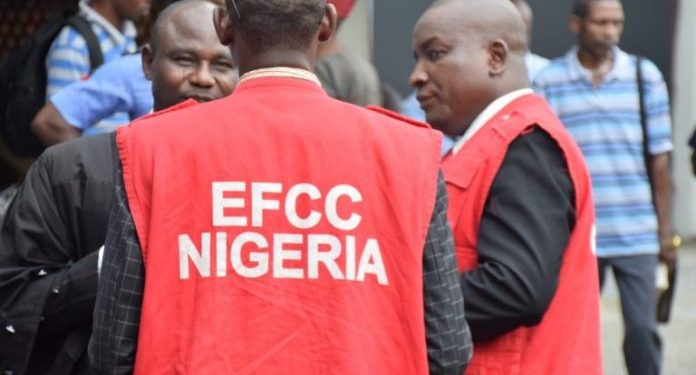A London high court has received a bank guarantee of $200 million from the Federal Government of Nigeria to secure a stay of execution on asset seizures of up to $9 billion related to a failed gas project involving Process and Industrial Developments Limited (P&ID).
Nigeria had settled for the decision in order to avoid the United Kingdom (UK) company taking over some of its assets located in the United States or UK. The $9 billion awarded to P&ID against Nigeria for damages is equivalent to almost 2.5% of the country’s annual gross domestic product.
What happened?
P&ID‘s contract with the Federal Government started in 2010 when former President Umaru Musa Yar’Adua authorised partnerships with private companies to fix the power problem in Nigeria. P&ID signed an agreement with the Ministry of Petroleum Resources in January 2010.

Breakdown of the deal
Nigeria planned to pipe natural gas from two offshore oil rigs to a refinery that would be built by P&ID. Founded in 2006 by two Irishmen, Michael Quinn and Cahill, P&ID was to remove hydrocarbons from the gas and send the fuel to Nigerian power plants.
It was disclosed that P&ID wouldn’t get paid for the service but it could keep and sell the hydrocarbon byproducts, which themselves had value, with the government getting a cut. But the project fell through.
P&ID then filed a lawsuit against Nigeria in 2012 after all attempts to negotiate a deal with the government failed. A tribunal was organised in London under the rules of the Nigerian Arbitration and Conciliation Act as part of the original contractual agreement between the parties. The tribunal ruled that Nigeria was liable for $6.6 billion in damages, but interests accrued daily since 2013, increasing the liability to $9 billion.
Speaking on the recent development, a Reuter report disclosed that a spokesperson for the Attorney General said Nigeria had applied for an alternative to hold off the arbitration ruling.
He said, “This variation in security, which was proposed by Nigeria as an alternative solution during a procedural hearing on 22nd November, has been accepted by the court and P&ID.”
However, in the same report, a spokesperson for the British company said P&ID hoped the Nigerian government would “accept the reality of the arbitration tribunal award and the decisions of the English Court.”
Why Nigeria should worry
A hedge fund managed by VR Capital Group took a large stake (25%) in P&ID. With the backing of the hedge fund and Lismore Capital Ltd, P&ID hired lobbyists, lawyers, and a public relations firm late last year to fight the case while Nigeria has recruited London-based law, firm Mishcon de Reya and QC of Brick Court Chambers to its legal team.
Note: Two representatives of P&ID pleaded guilty before the Federal High Court in Abuja to the charges levelled against them by the Economic and Financial Crimes Commission (EFCC) in relation to the contract leading to the controversial $9.6 billion court judgment given by a British court against the Nigerian Government.



















